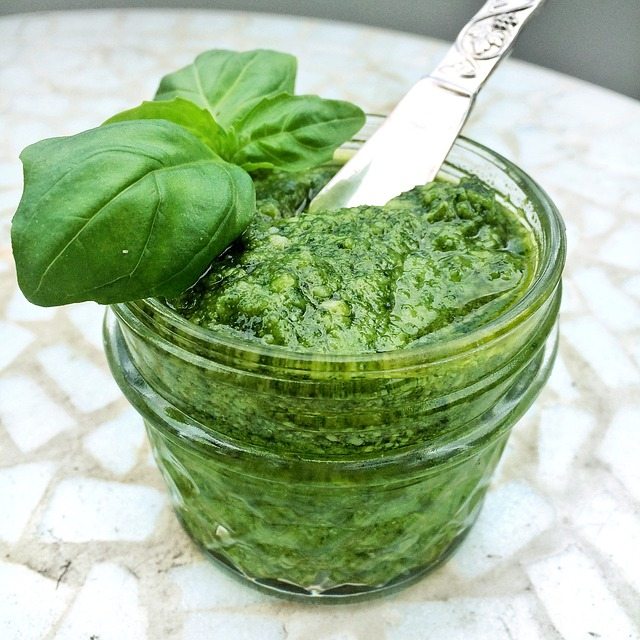Introducing a delicious broccoli pesto recipe
This broccoli pesto recipe is good for the waistline, great for hormone balancing and peri/menopause, and even better – it’s delicious.
One of my favourite things to do is make zucchini noodles.
They’ve helped changed my life nutritionally. And if you haven’t tried them yet, I totally recommend giving them a go. During the entire menopause transition it’s crucial we’re on fire nutrient-wise and one way to do this is amp up our veggie serves and PPFF. In addition, as our bodies don’t process carbohydrates the way they used to traditional pasta is better eaten as a treat rather than a diet staple.
It’s delicious, nutritious, rich in fibre and brilliant for Meno-She’s who wish to manage their weight.
If you don’t have a spiraliser here are three alternative ways to make noodles out of zucchini.
I was going to stay with some friends not long ago and knowing they were health conscious I made them zucchini noodles with broccoli pesto.
Broccoli pesto recipe I hear you ask?
Yep. It’s fantastic and gives you additional servings of hormone loving vegetables!
Here’s a simple recipe. It’s a bit of a mix of a couple I’ve tried from both Donna Hay and The Minimalist Baker.
Broccoli Pesto Ingredients:
Serves 4
- 1 head of broccoli
- ¾ C or 3 tbsp pine nuts, walnuts or sunflower seeds
- 1 clove garlic, crushed
- 1 tbsp lemon zest
- ¼ C (60ml) lemon juice or apple cider vinegar
- ¼ C (60ML) extra virgin olive oil
- 2 C (160 gm) grated parmesan cheese
- Sea salt and cracked black pepper
How To:
- Place the broccoli, ½ cup (80g) of the nuts or seeds, garlic, lemon zest and juice, oil, parmesan, salt and pepper in a food processor and whizz. Set aside.
- Roughly chop the rest of the nuts/seeds and also set aside.
- Divide your zucchini pasta between plates and top with the reserved nuts/seeds, a little shake of parmesan and some fresh basil leaves.
I hope you enjoy it.









